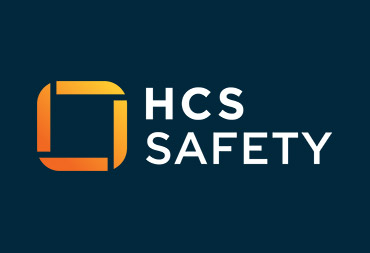In today’s fast-paced work environment, stress is often considered the norm rather than an exception.
But when does work-related stress cross the line from being ‘just’ a byproduct of a challenging job to a serious health and safety concern? Most will agree that the lines here are blurry.
And with that aside, is work-related stress reportable to the Health and Safety Executive (HSE)?
The Rise of Work-Related Stress
Work-related stress is more than just a fleeting feeling of being overwhelmed. It can have serious implications for an individual’s mental and physical health.
Across the UK population, an estimated 17 million working days were missed due to work-related stress, anxiety and depression in 2021/2022, according to HSE.
Symptoms may include anxiety, depression, fatigue, and even heart problems in severe cases.
For employers, this can lead to decreased productivity, high absenteeism and an increased risk of accidents in the workplace. Prolonged periods of stress affect sleep quality, for example, making them more accident-prone and less risk-averse.
Crucially, a low-stress workplace benefits employees and their well-being – which is mutually beneficial for all involved.
The HSE’s Stance
HSE takes stress seriously. They define work-related stress as “the adverse reaction people have to excessive pressures or other types of demand placed on them at work.”
Although stress itself is not necessarily considered an illness, it can lead to various health issues if not managed effectively. Stress is, however, linked to many mental health issues and physical conditions.
Is Stress Reportable?
The Reporting of Injuries, Diseases and Dangerous Occurrences Regulations (RIDDOR) in the UK outlines the types of work-related incidents that must be reported to the HSE.
The HSE expects employers to assess the risks of work-related stress and implement measures to control and mitigate these risks, including making reasonable organisational and environmental changes.
Of course, an environment which reduces stress yields benefits for all who work in it, as well as the business itself.
How NEBOSH Courses Can Help
If you are a business owner, HR representative, or health and safety officer, it’s crucial to understand your responsibilities under the health and safety law.
This is where NEBOSH courses come into play.
HCS Safety offers NEBOSH health and safety courses for workplace stress and mental health, including the NEBOSH HSE Certificate in Managing Stress at Work, First Aid for Mental Health and Preventing and Managing Workplace Stress.
There’s also the NEBOSH General Certificate Course, which provides a comprehensive introduction to the essentials of occupational health and safety – an excellent option for those new to the field.
Summing up
While work-related stress itself may not be directly reportable to HSE, it’s certainly an issue that employers should not take lightly.
Proactively managing workplace stress fulfils your legal obligations and contributes to a healthier, more productive work environment.
Interested in getting certified and acquiring in-depth knowledge of workplace safety regulations and best practices? Consider enrolling in a NEBOSH course today.




